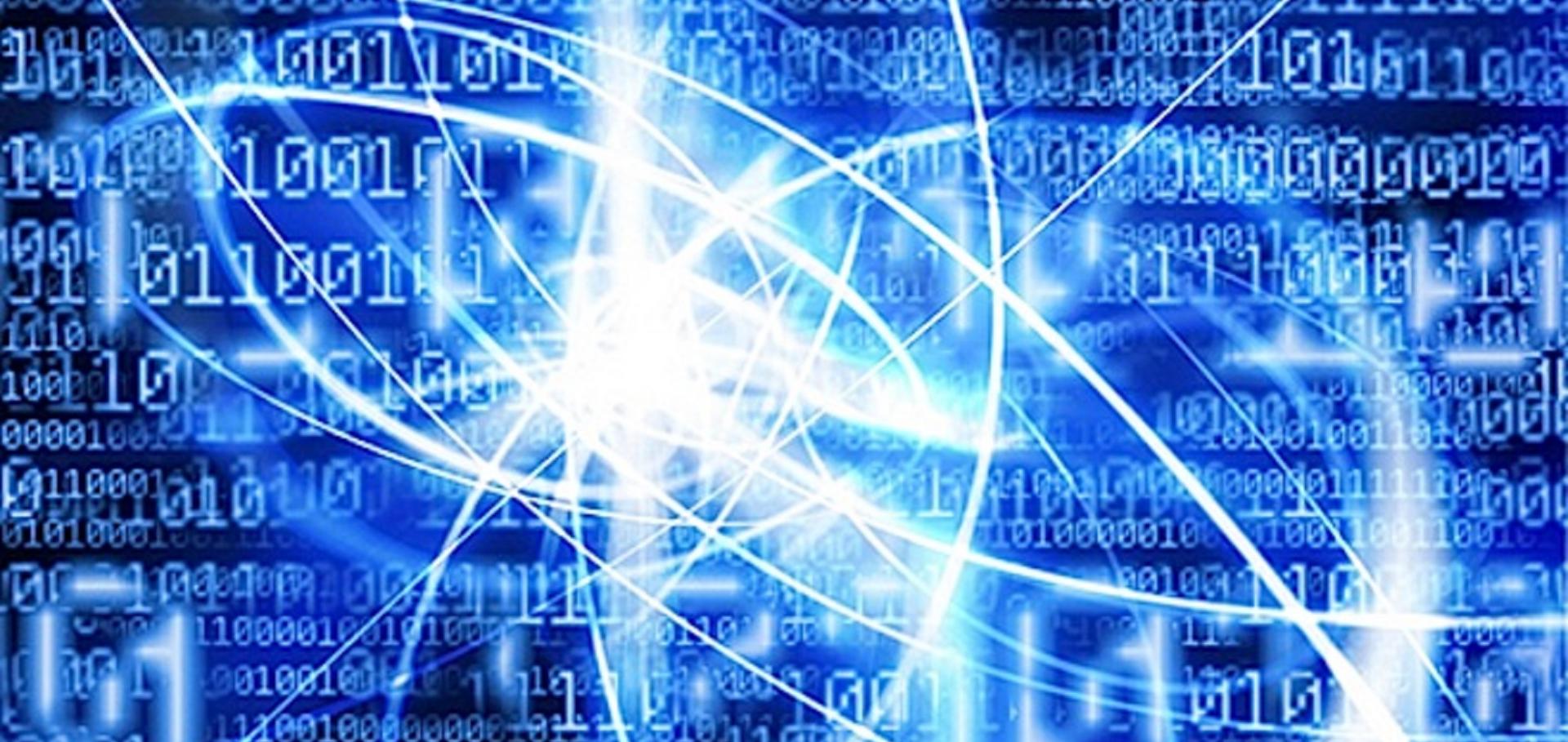The Extended Wigner’s Friend, Many-and Single-Worlds and Reasoning from Observation
Foundations of Physics Springer 55:2 (2025) 20
Abstract:
The concept of an isolated system, and Frauchiger and Renner’s extended ‘Wigner’s friend’ scenario are discussed. It is argued that: (i) it is questionable whether the approximation of the isolated system is valid when measurement-like processes are involved; (ii) one may infer, from Frauchiger and Renner’s thought-experiment, and similar thought-experiments, that any interpretation of quantum theory involving subjective collapse fails; (iii) this does not distinguish single-world from many-world (relative-state) interpretations of quantum theory; (iv) reasoning from observations has to take into account the possible quantum-erasure of those observations if it is to be valid reasoning; (v) a single-world interpretation is valid if certain kinds of outcome are not quantum-erased in the future.PHYSICS, HUMANISM, AND OPENNESS
Chapter in Religion and Atheism in Dialogue Doing Difference Differently, (2025) 144-153
Abstract:
Andrew Steane's chapter mainly concerns the nature of the physical world. It is argued that physical processes are not entirely deterministic: the future is open in this sense. This leaves room for human freedom and creativity, though how this is embodied in the world remains outside our certain knowledge. If there is such freedom then it follows that there is also room for divine freedom to shape the world, through inspiration, without breaking its ordinary patterns. Some general remarks about the way religious and atheist concerns interact are offered, in such areas as secular governance and enlightenment values. The structure of scientific reasoning is also discussed, making the point that all areas of science, and also the humanities, make legitimate contributions and do not replace or subvert one another. Our education system should make this known to the next generation, with the aim of promoting a rounded humanity which gives to each area its due attention.Gravitational bremsstrahlung from Yukawa and nucleon collisions
Physical Review D American Physical Society (APS) 110:10 (2024) 103028
Gravitational bremsstrahlung in plasmas and clusters
Physical Review D American Physical Society (APS) 109:6 (2024) 063032
Irreversible behaviour of a gas owing to Unruh radiation
Physics Letters A Elsevier 496 (2024) 129306


